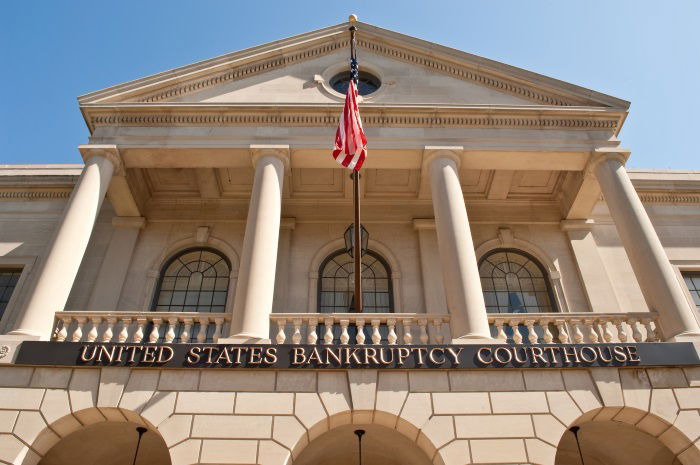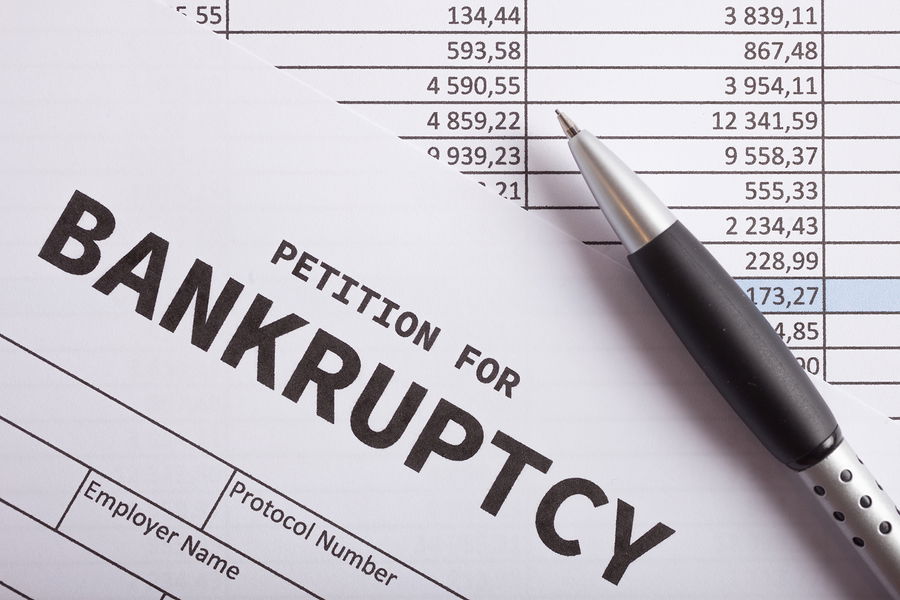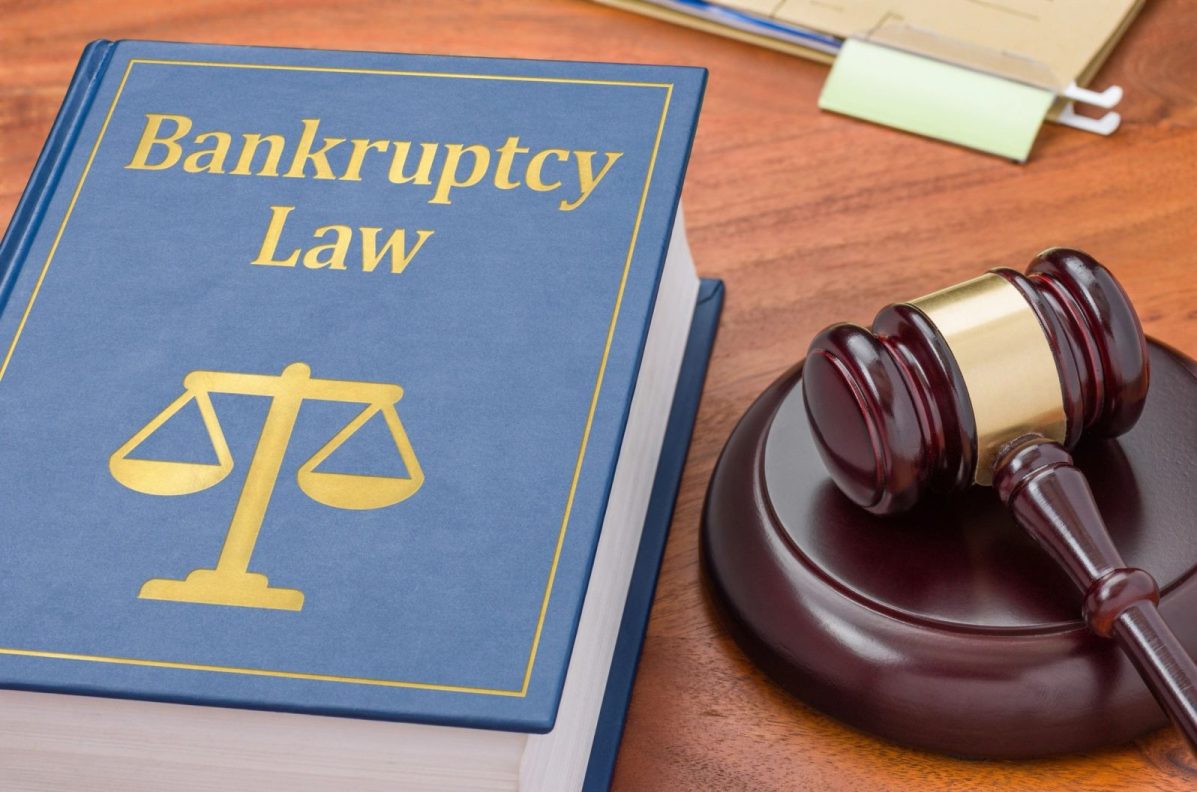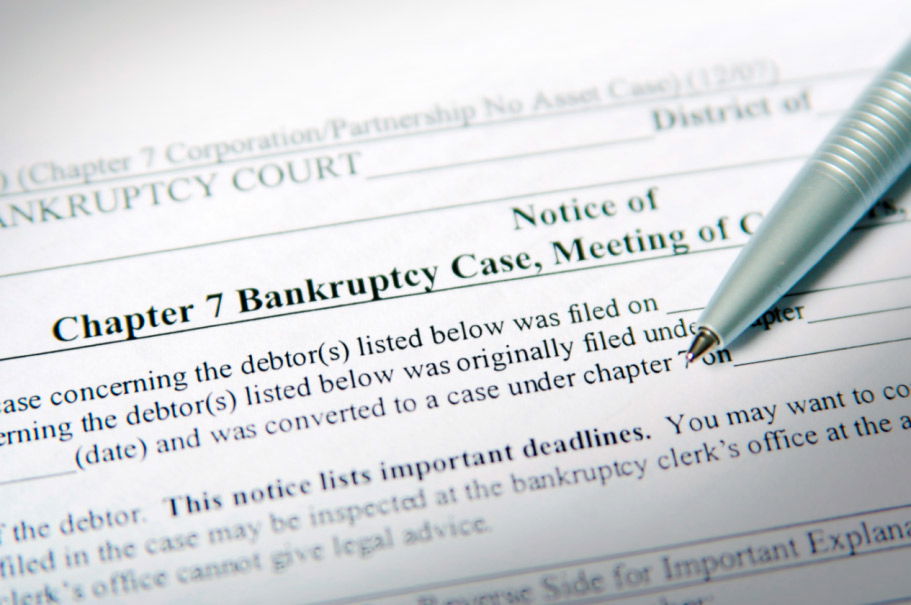Feeling overwhelmed by debt? Bankruptcy might feel like giving up—but in some situations, it’s the smartest financial decision you can make. It can stop the bleeding, protect you from creditors, and give you a chance to reset.

This guide walks you through the pros and cons of bankruptcy, what the process actually looks like, and how to tell if it’s the right option for you. If you’re considering filing, don’t take another step until you read this.
What Filing for Bankruptcy Really Means
Bankruptcy is a legal way to either eliminate or restructure your debt when you can’t keep up with payments. It’s not a quick fix—but it can give you relief when your finances are out of control.
Once you file, the court issues an automatic stay. That means debt collectors have to stop calling, lawsuits get paused, and wage garnishments are put on hold. It buys you time and space to figure out your next steps.
Most individuals file under Chapter 7 or Chapter 13. Chapter 7 wipes out many types of debt if you qualify. Chapter 13 lets you keep your property while making monthly payments on what you owe. We’ll break those down in more detail below.
Pros & Cons of Filing for Bankruptcy
Filing for bankruptcy comes with serious consequences—but for some, the benefits outweigh the downsides. Here’s what you need to consider:
Pros
- Eliminates unsecured debt: Credit card balances, medical bills, and personal loans can be wiped out.
- Stops collection activity: No more calls, lawsuits, or wage garnishments once you file.
- Gives you a fresh start: You get the chance to rebuild your finances without the pressure of past-due bills.
Cons
- Hurts your credit score: Your credit score could drop by 160 to 220 points after filing.
- Long-term credit damage: Chapter 7 stays on your credit report for 10 years. Chapter 13 stays for 7 years.
- You may lose assets: With Chapter 7, nonexempt property can be sold to repay creditors.
- Harder to get credit: You may qualify for loans again, but rates will be higher and terms less favorable.
Signs You Might Need to File for Bankruptcy
If you’re not sure whether to file, look at the signs. Bankruptcy isn’t for everyone—but it can be the right move when you’re out of other options.
- You’re behind on multiple bills: You’ve missed payments on credit cards, loans, or utilities and can’t catch up.
- Creditors are taking legal action: You’re being sued or your wages are already being garnished.
- You’re using credit to cover basics: Groceries, gas, and bills are going on your credit cards—and the balance keeps growing.
- You’ve already cut back: You’ve sold assets, downsized your life, and you’re still struggling to pay debt.
- Income isn’t enough to fix it: Even if your income improves, the debt feels too large to overcome.
When You Should Wait Before Filing for Bankruptcy
Even if bankruptcy seems like the right answer, there are times when it’s better to hit pause. Timing matters—and filing too soon can work against you.
If your financial struggles are temporary—like a short period of unemployment or a medical issue that’s almost resolved—it may be smarter to wait and reassess. You might be able to recover without filing at all.
You should also wait if you expect a large upcoming bill, like surgery or emergency expenses. Once you file, new debts won’t be included in your case. And if you’ve just lost your job, your recent income might still be too high to qualify for Chapter 7 under the means test. Waiting a few months can make you eligible.
Finally, if you haven’t explored options like debt settlement, credit counseling, or debt consolidation, take the time to see if those paths could help. Bankruptcy is a last resort—not a first step.
Chapter 7 vs. Chapter 13 Bankruptcy (Plus Chapter 11 Basics)
Every type of bankruptcy has its own rules, qualifications, and outcomes. Most individuals file under Chapter 7 or Chapter 13, depending on their income, assets, and goals. Chapter 11 is less common but sometimes applies to individuals with large debts or business interests.
Chapter 7 Bankruptcy: Fastest Way to Discharge Debt
Chapter 7 bankruptcy is for people who cannot afford to repay their debts. To qualify, you must pass a means test that compares your income to your state’s median. If your income is low enough, you may be eligible.
Chapter 7 can wipe out unsecured debts like credit card balances, medical bills, and personal loans. It does not discharge most tax debt, student loans, child support, or alimony.
You may have to give up property that is not protected by exemption rules. However, most people keep essentials like a modest car or household goods. State and federal laws determine which assets are protected and how much value you’re allowed to keep.
The process usually takes three to six months. Attorney fees are typically lower than other bankruptcy types, but they are often due upfront.
Chapter 13 Bankruptcy: Keep Your Property With a Repayment Plan
Chapter 13 bankruptcy is designed for people who have a steady income but need help catching up on their debts. If you earn too much to qualify for Chapter 7 or want to keep property that would otherwise be sold, this may be the better option.
Under Chapter 13, you repay some or all of your debt over a three- to five-year period. Your repayment plan must cover past-due amounts on secured debts—like a mortgage or car loan—if you want to keep those items.
To qualify, your debts must fall under set limits for both secured and unsecured balances. You also need enough income to make regular monthly payments.
The repayment period is based on your income. If you earn above your state’s median, you’ll be on a five-year plan. If you earn less, you may finish in three years. Legal fees can often be included in the repayment plan, which lowers the upfront cost.
Chapter 11 Bankruptcy: High-Debt Option for Individuals and Business Owners
Chapter 11 is usually used by businesses, but individuals can file if their debt exceeds the limits for Chapter 13. It is often chosen by small business owners, landlords, or individuals with complex financial situations.
This type of bankruptcy allows you to restructure your debt and continue operating your business or managing your assets. It offers flexibility, but the process is long and more expensive.
Chapter 11 repayment plans typically last at least five years. The court plays a larger role in supervising your finances, and attorney fees are much higher than in Chapter 7 or 13.
How Bankruptcy Affects Your Credit Score and Borrowing Power
Bankruptcy takes a serious toll on your credit score. Most people see a drop of 160 to 220 points shortly after filing, depending on where their score started.
A Chapter 7 bankruptcy stays on your credit report for 10 years. A Chapter 13 stays for 7 years. The impact lessens over time, especially if you manage your credit responsibly after filing.
You may have trouble getting loans or credit cards in the first year or two. Over time, though, you can rebuild. Some lenders offer secured credit cards or credit-builder loans specifically for people recovering from bankruptcy.
Make on-time payments, avoid maxing out new credit lines, and regularly check your credit report for errors. These steps can help you start fresh and work your way back to good credit faster.
See also: How to Rebuild Credit After Bankruptcy
Bankruptcy Alternatives to Consider First
Bankruptcy should be your last option—not your first. Before you file, take a hard look at these alternatives that could help you avoid long-term credit damage.
- Debt settlement: You or a company negotiates with creditors to settle your debt for less than you owe. This can hurt your credit in the short term, but may still be less damaging than bankruptcy.
- Credit counseling and budgeting help: A certified counselor can help you create a realistic budget and explore repayment plans through a nonprofit agency.
- Debt consolidation loans: A debt consolidation loan can combine your debts into a single monthly payment, often with a lower interest rate.
- Negotiating directly with creditors: Many lenders are willing to reduce interest rates, waive fees, or extend payment deadlines if you explain your situation.
- Selling assets or side income options: If you have extra belongings or can temporarily boost your income, this may be enough to pay down high-interest debt and avoid bankruptcy altogether.
How to Know If You’re Eligible to File for Bankruptcy
Not everyone qualifies for bankruptcy, and the rules vary depending on the chapter you plan to file under.
Chapter 7 requires passing a means test. This compares your household income to your state’s median. If your income is too high, you won’t qualify.
Chapter 13 has limits on how much debt you can include. As of 2025, unsecured debts must be under $465,275 and secured debts under $1,395,875. You also need a reliable income to commit to a repayment plan.
Your eligibility depends on more than just income or debt. The value of your assets, whether you want to keep your property, and your long-term goals all factor into which chapter—if any—makes sense.
What You Can Keep When You File for Bankruptcy
Filing for bankruptcy doesn’t mean losing everything. In most cases, you’re allowed to keep certain assets that fall under exemption rules.
Exempt property typically includes items like your home (up to a certain equity limit), one vehicle, household appliances, work tools, and clothing. If your assets are worth less than your state’s exemption limits, you can keep them.
Some states let you choose between state and federal exemption systems. Others only allow one or the other. The limits vary depending on where you live, so it’s worth reviewing your state’s rules before filing.
See also: Does Bankruptcy Clear All Debt?
Common Mistakes to Avoid When Filing for Bankruptcy
Filing for bankruptcy is serious—and simple mistakes can cost you.
- Racking up debt before filing: If you take on new credit card debt right before filing, the court may not include it in your discharge.
- Hiding assets or transferring property: Moving money or property out of your name before filing can be considered fraud.
- Filing too early or too late: Filing too soon could make you ineligible. Waiting too long could lead to wage garnishment or lawsuits.
- Skipping credit counseling: You must complete an approved credit counseling session before filing. If you skip it, your case may be dismissed.
How to Start the Bankruptcy Process (And Get Help)
The bankruptcy process starts with credit counseling. This step is required and must be completed through an approved provider. You’ll receive a certificate that’s valid for 180 days.
Next, decide if you want to work with an attorney or handle the case yourself. Bankruptcy law is complex, and most people are better off with legal guidance. A lawyer can help you choose the right chapter, protect your property, and avoid mistakes.
Bring detailed financial records to your first consultation—pay stubs, tax returns, loan balances, and a list of assets and debts. This helps the attorney evaluate your case and file correctly.
Expect to pay $300 to $400 in court filing fees, plus attorney fees if you hire one. Some attorneys offer payment plans, especially in Chapter 13 cases.
Final Thoughts
Bankruptcy isn’t a quick fix—but it can be the financial reset you need when nothing else has worked. It gives you legal protection, a chance to clear debts, and space to rebuild.
Before you make a decision, talk to a credit counselor or bankruptcy attorney. They can help you understand your options, your eligibility, and what’s at stake.
If you decide to file, use it as a turning point. Learn from the past, set better financial habits, and move forward with a clean slate.




